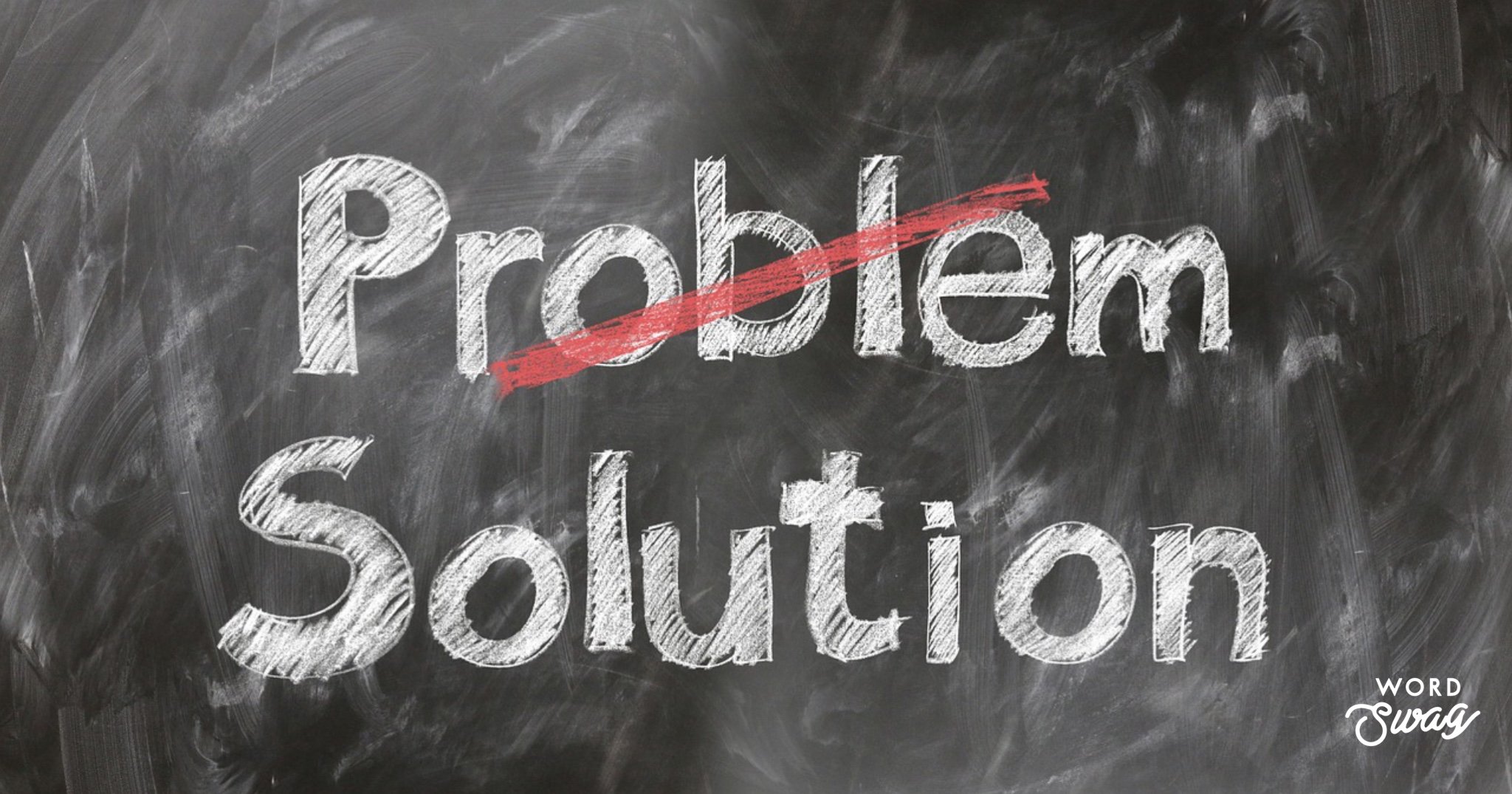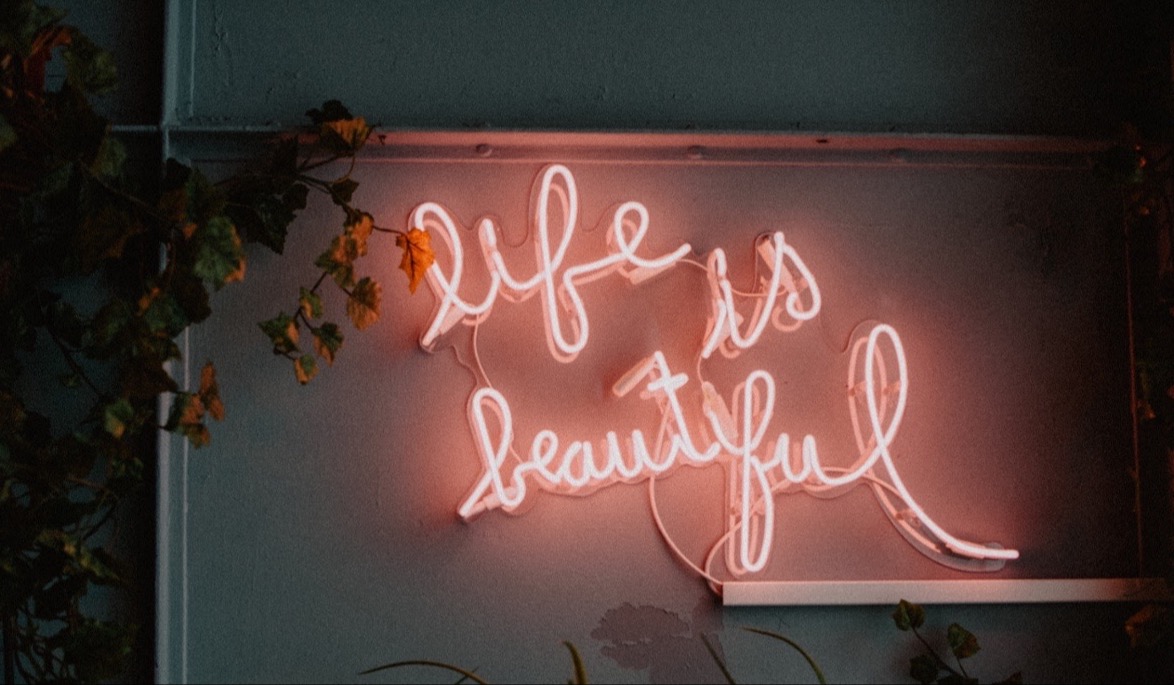Today's Authoritarian Parents
If you are a no nonsense, my way or the highway parent, then chances are you are an authoritarian parent. It is your attention that I want today. I...

My daughter taught me that my altruistic tendency to do good, does not negate the fact that sometimes-I don't. There are well meaning times as a person and a parent that I make mistakes. I make choices that have unintentional adverse consequences and I hurt people. There are times when I self reflect and realize I am the problem.
My daughter was born with bilateral blindness. I was told she would never see and I should adjust my life accordingly. At a year old she underwent a surgery and begin to gain vision. I was filled with surprise and excitement. When she was offered glasses, I jumped on it (without consulting with her). I thought it would be better for her to see as I do-normal. I made several assumptions about my daughter's life related to her diagnosis. I assumed blindness would be a hardship for her. I assumed that her life could be more fulfilling and less challenging given the opportunity to see.
The joy I was experiencing about her getting glasses was not mutual. She told me, "It is you that has a problem, not me. Everything is about my eyes." She was right. I looked at her abilities and vision that were problems that needed to be fixed. I was blind to my own biases. I wanted her assimilated into my world. My daughter sat in the back of the car balling her eyes out because her Mom saw her different. It broke me and woke me up.
Invariably in my work with individuals, families, and couples assuming is a major issue. Assumptions are made about how a person feels in a given moment and then meaning is assigned to their behavior. Their attempts to clarify their feelings and behavior are met with defensiveness and invalidating remarks.
(1) You really don't feel that way. You are just being influenced by......
(2) This is not hard. You are just being dramatic.
(3) You are angry because you did not get your way.
(4) With your disability....
Being dismissive or punitive about how or what a person has communicated to you makes them want to communicate less. My minor clients say things like, "I tried to tell my parents but they thought I was making excuses" or "I was talking to my Mom and I forgot to say yes ma'am. Now I'm punished." Other times words are labeled as good/bad, slang is demonized, and crying is associated with manipulation.
“Rarely can a response make something better. What makes something better is connection.” Dr. Brené Brown
There is a reason that a person has said or done this thing, at this time, in this way. There was a goal in mind. Allow the person to bring it to you or verbally notice it. You can say things along the lines of (1) I wonder if... or (2) I am curious if... Both of these are questions and not definitive. They create the opportunity for open dialogue.
And a reminder. People with different abilities or mental health statuses may not have a problem with their condition. It is only a part of who they are not their identity. It is not all encompassing of their happiness, abilities, intelligence or likelihood of prosperity. Try using person first language to remind yourself of their humanity. For instance, He or she is not autistic. They are a person with autism. Blindness will not limit a person from dating, living independently or creating a family.
It is human nature to become defensive and then to deny it. Providing justification for words or behaviors that hurt others is pointless. Your intentions do not neutralize the situation. It shows that it is more important for you to be right than to make a meaningful connection. This approach further fuels disconnection.
Accept the feedback you have been given and validate their feelings. Provide an apology stated "I am sorry for (specific thing you are apologizing for). Avoid using "but." Any apology that contains the word but is immediately dismissed upon hearing that word. Anything said before but is forgotten. The focus shifts to the justification you provided after saying it.
"Comparative suffering is a really common but unhelpful mindset that judges and ranks people’s problems against each-others" (thanks again Dr. Brené Brown). Comparisons sound like "Other people with (_____) are able to (____)" or "I have anxiety too but it does not get it my way." Comparisons past judgment and hardly ever motivate. They do demonstrate you don't get it. Comparing anyone to their peers, siblings, gender, race, etc. is futile because it dismisses autonomy. Normal is relative to the culture, abilities, mental health, social economic status, etc. We can be more effective in helping others when we lean into how they see things.
“In order to empathize with someone's experience you must be willing to believe them as they see it and not how you imagine their experience to be.” - Brené Brown
First let's define the difference between empathy and sympathy. Sympathy is "the feeling of sincere concern for someone who is experiencing something difficult or painful. Empathy involves actively sharing in the emotional experience of the other person." Once you are actively experiencing the feelings of others then you straddle two viewpoints. It opens you up to the yes and approach. Yes this person can feel sad about this and I can feel sad about something different. There is no competition on suffering.
You will not get through life without making mistakes. Sometimes YOU ARE THE PROBLEM. That is ok. Empathy, clarifying questions and accountability create opportunities for growth. Your thoughts, feelings, and actions all fall within your circle of control. There is hope for change because you are in control. What do you want to do with that power?

If you are a no nonsense, my way or the highway parent, then chances are you are an authoritarian parent. It is your attention that I want today. I...

Eye Movement Desensitization and Reprocessing (EMDR) therapy is a psychotherapy that is internationally recognized to treat trauma and other...

Acts of service is my love language. So then it comes as no surprise that I enjoy helping people navigate life. It has always come natural to me to...